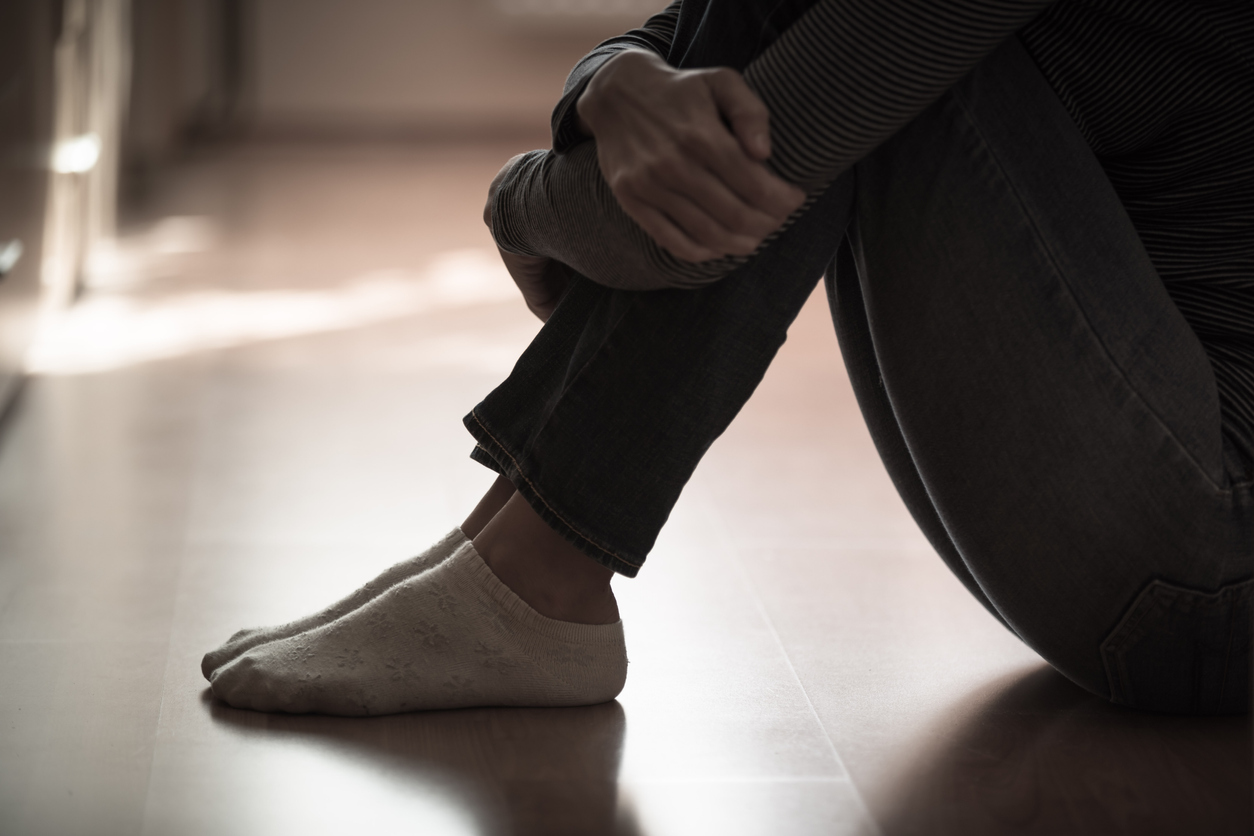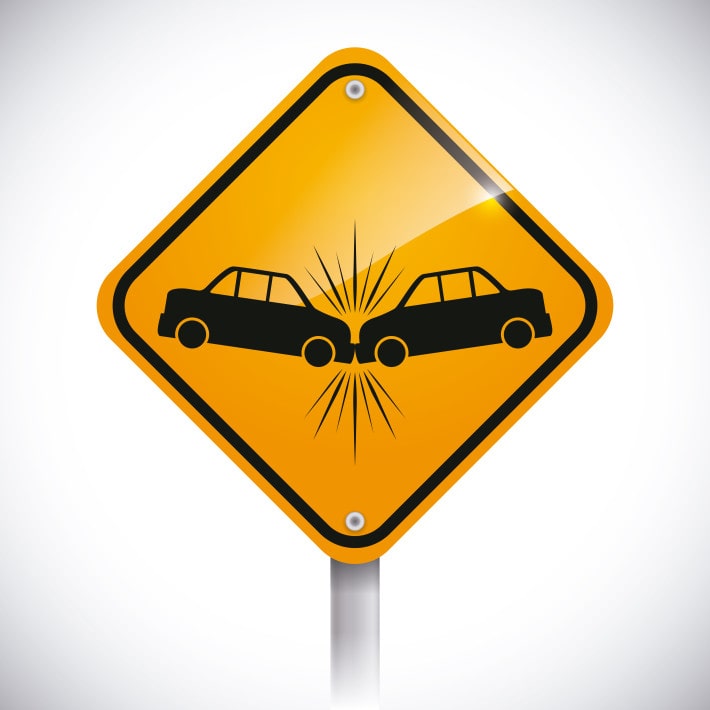Duty of Care
One of the most fundamental aspects of any personal injury claim is duty of care. A duty of care must be established in order to prove the negligence of the person who injured you. Without it, any personal injury claim will be unsuccessful.
What is a duty of care?
A duty of care is defined as the duty to take reasonable care or to exercise reasonable skill (or both). It is a duty on a person to avoid causing harm or loss to another person. A duty of care arises when it is reasonably foreseeable that there will be harm to another person if proper care isn’t taken.
“Reasonable foreseeability” is another legal concept, meaning that any reasonable person in the same situation would have known that there was a risk of causing injury to another person.
For example, someone spills a cup of coffee on the floor of a busy shopping centre, in a high traffic area. There is no cleaner rostered on that day to clean it up. A person walking through the centre doesn’t see the coffee and slips and falls, injuring their back and neck. The person may be able to make an accident injury claim against the shopping centre’s management because:
- It owed a duty of care to keep the shopping centre safe for all users.
- Many people carry drinks with them while walking through the centre.
- It was reasonably foreseeable that a drink might be spilled.
- It was reasonably foreseeable that if a spill were not cleaned up, someone would slip on it and injure themselves.
When is there a duty of care?
If you make a legal claim for personal injury, a court of law will need to work out whether the person who caused the injury (the defendant) owed you a duty of care.
It will do this by considering the evidence and arguments presented by both parties.
It will be your responsibility (through your lawyer) to prove to the court that the defendant owed you a duty of care. In other words, the onus is on you to prove that a duty of care existed. You will need to prove that there was enough of a connection between you and the defendant to justify that defendant owed you a duty.
In our shopping centre example, the injured person could say that because they used the shopping centre, there was enough of a connection between the person and the centre’s management to argue that management owed the person a duty of care.
There are some exceptions to this, for example:
- A “good Samaritan” who comes to someone’s assistance.
- A food donor.
- Someone who is acting in an emergency and who is a volunteer.
If a person falls under any of these categories, they may be exempt from the usual requirements to provide a duty of care to others.
All of this means that if you have been injured, you should seek legal advice as soon as possible. Your lawyer will be able to work out whether there is enough evidence to establish that the other party was negligent and also how to best proceed with your claim.
Websters Lawyers has an outstanding team of personal injury and public liability lawyers who can assist you. Contact us today for a free initial consultation.













